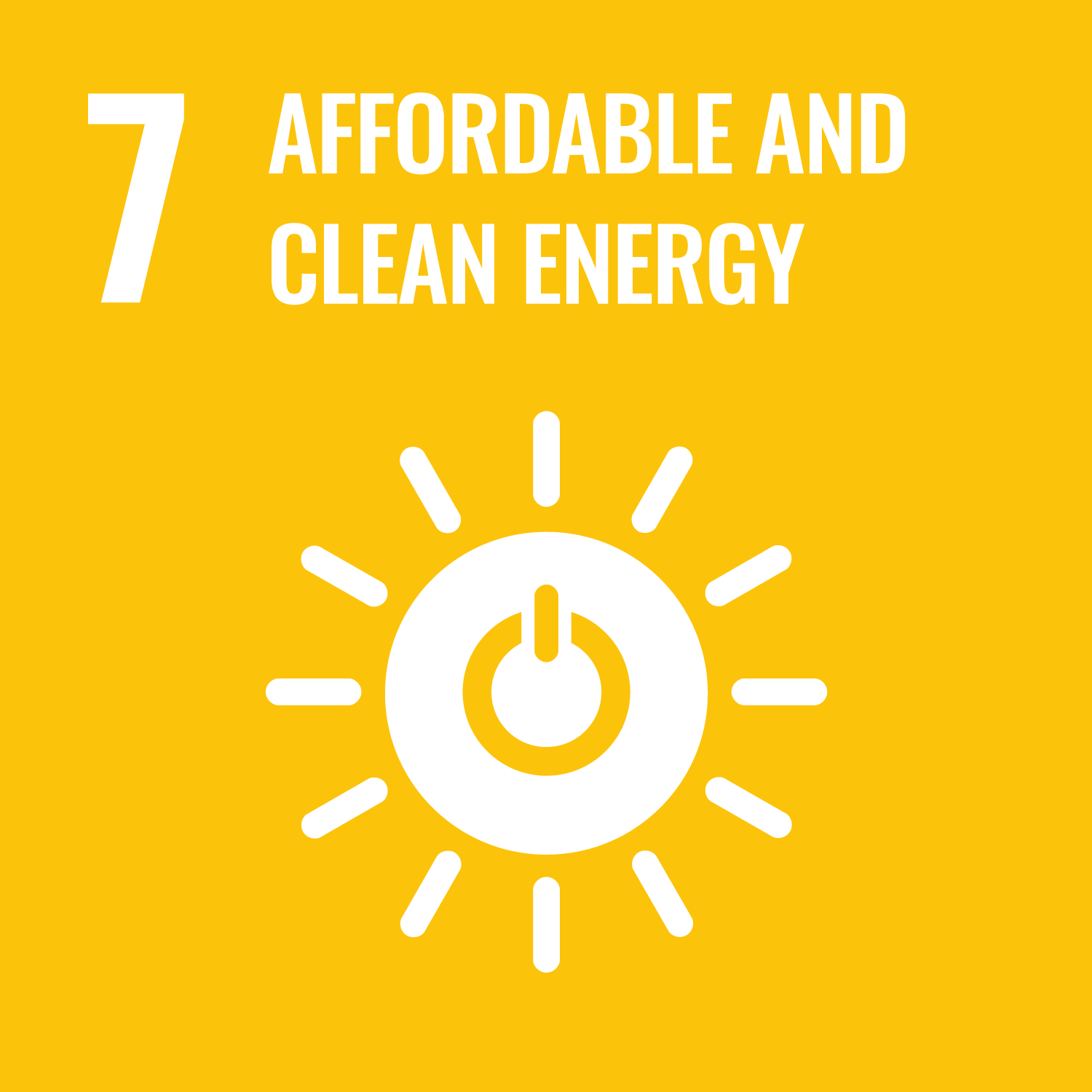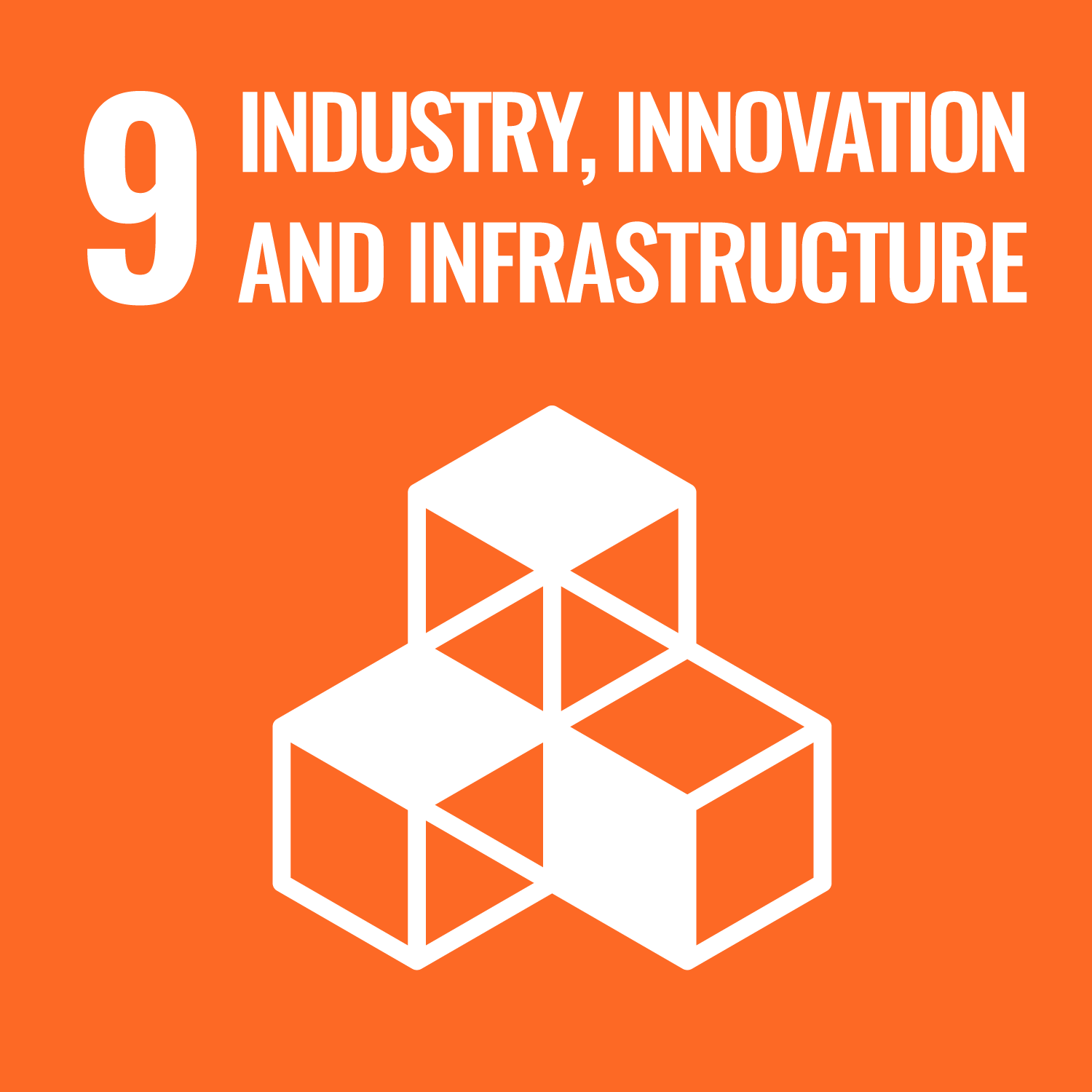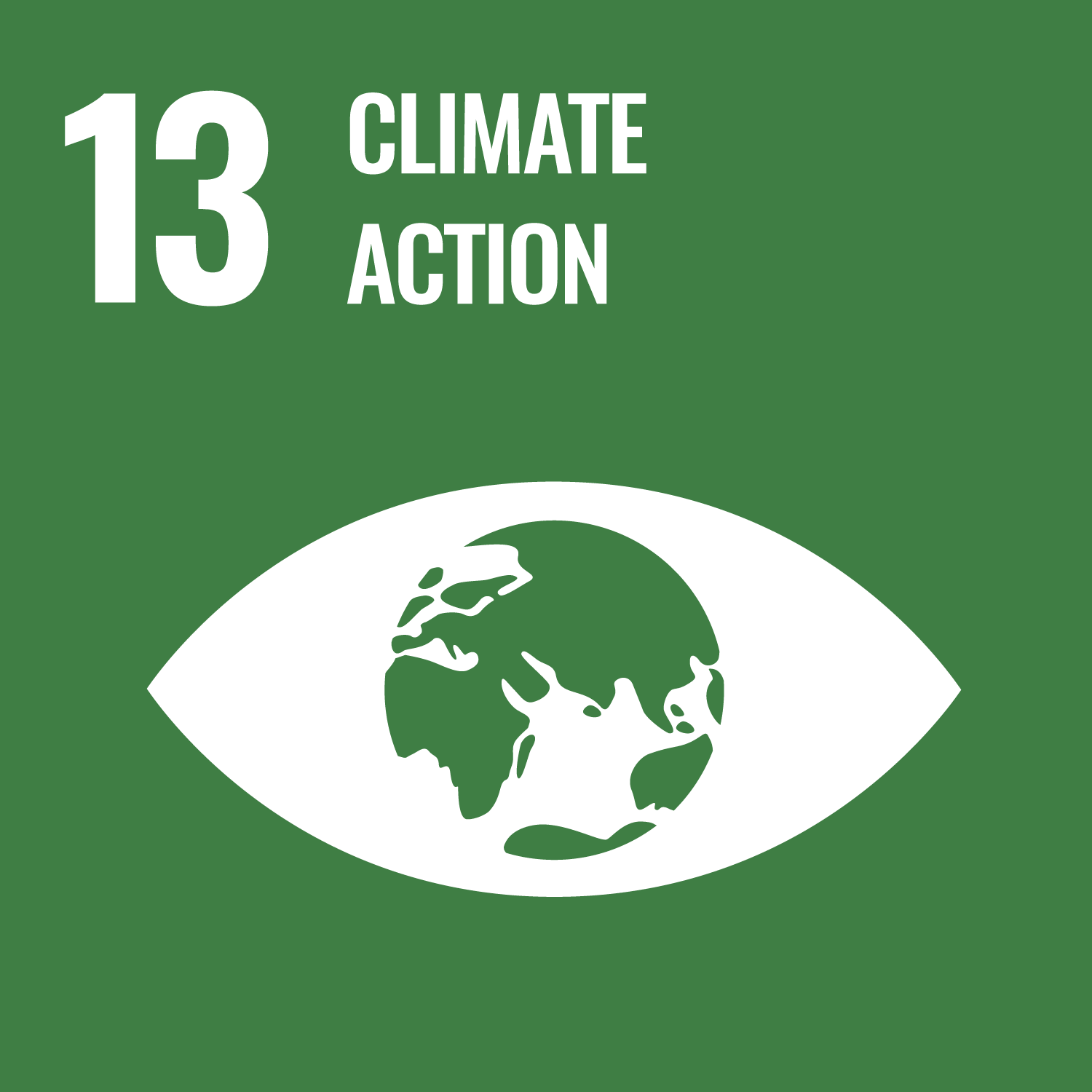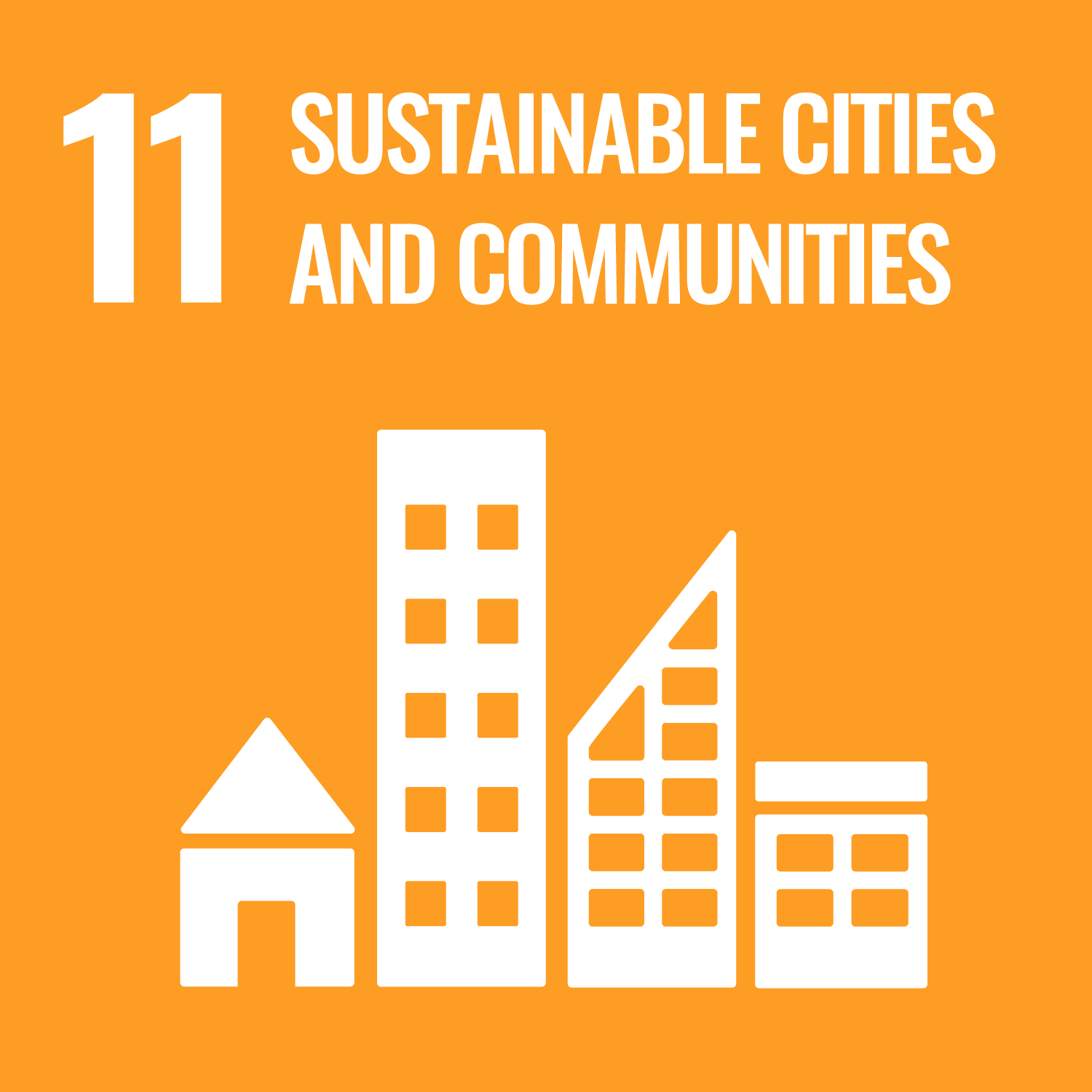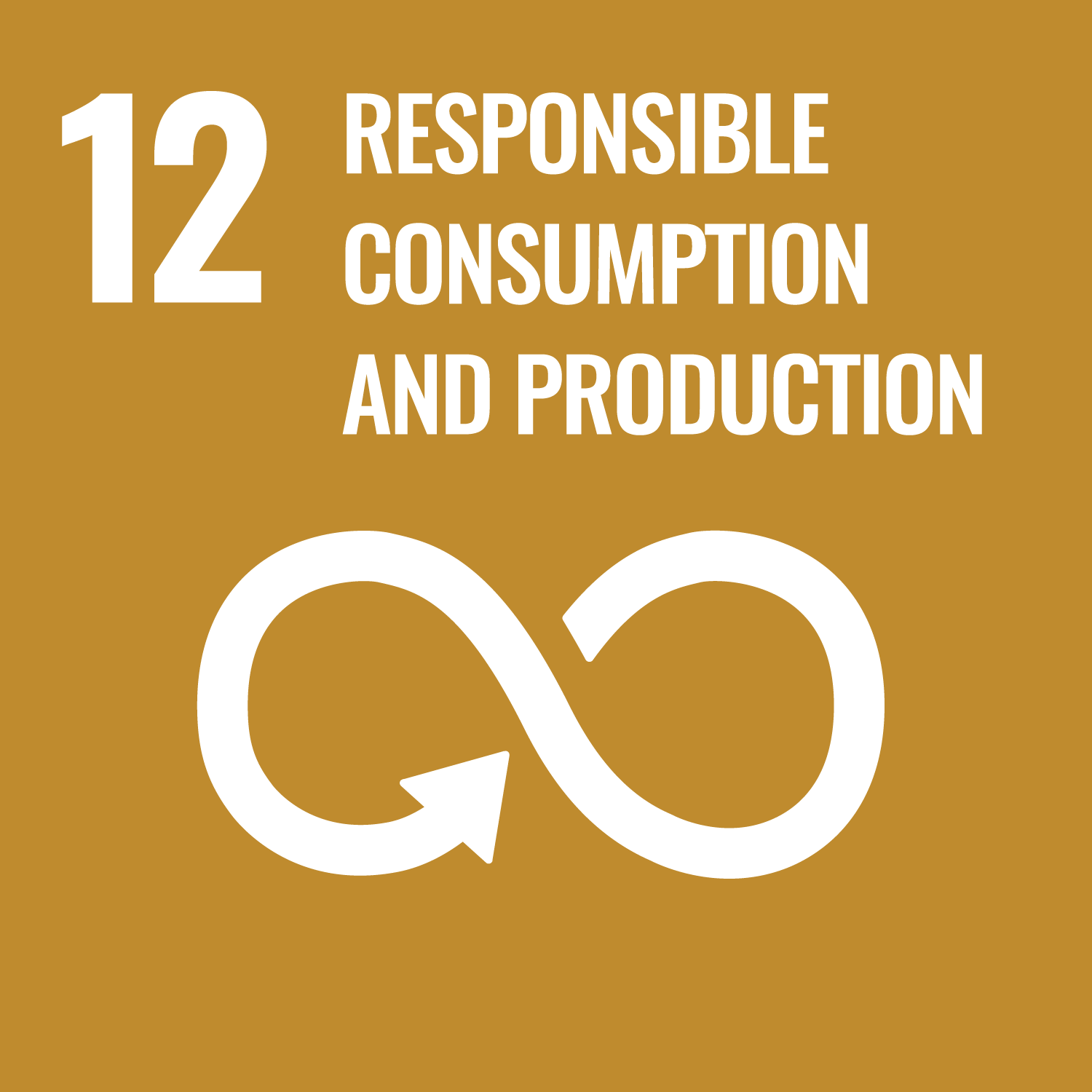LCS-FY2020-PP-05
Methane Production from Biomass Wastes by Anaerobic Fermentation (Vol. 5):
Feasibility Study of Biological Hydrogen Methanation Process
Summary
“Power-to-Gas” efforts to produce gaseous fuel using surplus electricity are important for a zero-carbon (ZC) society. For this proposal paper, we examined some of the challenges associated with the fermentation process of producing methane from hydrogen and carbon dioxide.
This process is known as biological hydrogen methanation, which uses CH4, CO2, and H2 that are generated in the methane fermentation process of waste biomass and makes up the deficit of H2 with H2 generated from electrolysis of water or other processes.
The cost of producing CH4 using this process is estimated at 6.9 JPY/MJ (the fixed cost of 4.0 JPY/MJ plus the variable cost of 2.9 JPY/MJ).
Although the current gas rate is about 3.5 JPY/MJ, it will be around 5.7 JPY/MJ because of the additional cost of DAC in a ZC society.
The price of CH4 produced through the methane fermentation-methanation reaction is estimated a little higher, at 6.9 JPY/MJ. Given the benefit of treating waste biomass, the methane fermentation-methanation reaction system is worthwhile.
In this study, we have found that the cost of producing CH4 depends less on the presence or absence of hydrogen fermentation and more on the price of hydrogen supplied externally as well as the quantity of hydrogen generated. Studies on fermenter components and system optimization will be needed.
Our analysis using a fermentation model suggests that the methane fermentation process lends itself to rationalizing processes and making predictions about fermentation systems. We thus propose widespreading and utilizing the fermentation model.
All Pages
Related Proposal Papers
- Methane Production from Biomass Wastes by Anaerobic Fermentation (First step)
- Methane Production from Biomass Wastes by Anaerobic Fermentation (Vol. 2): Reaction Engineering Approach towards the Rational Design
- Methane Production from Biomass Wastes by Anaerobic Fermentation (Vol. 3): Process Design Rationalization based on Chemical Reaction Analysis
- Methane Production from Biomass Wastes by Anaerobic Fermentation (Vol. 4): Rationalization of Multi-Stage Fermentation and High Temperature Fermentation & Examination of Hydrogen Fermentation

